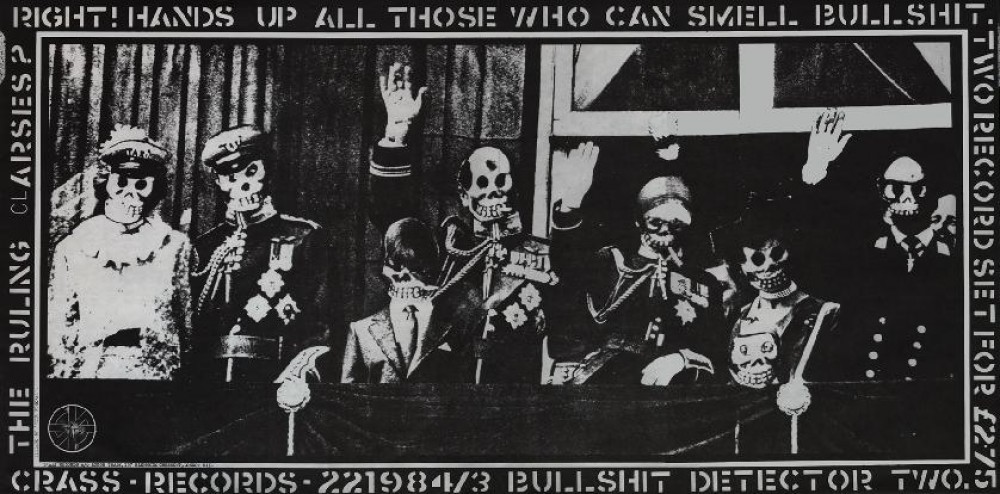Following on from my previous blog post about writing chapters for future books on punk I have decided to share with you the abstract for my next solo submission for a forthcoming book specifically on anarcho-punk. The book is titled The Aesthetic of Our Anger:Anarcho-Punk, Politics and Music, 1979-84 and is edited by Mike Dines and Matt Worley. This looks to be a seminal publication as it will be the first of its kind in academia to focus purely on anarcho-punk. I am really excited about this as I will be publishing alongside some academic luminaries in the field of punk studies.
From Protest to Resistance: British anarcho-punk fanzines (1980-1984) as sites of resistance and symbols of defiance
This chapter focuses on the role that alternative publications played in the cultural, political and ideological practices of the British anarcho-punk movement between 1980 and 1984. I explore the way these fanzines disseminated the central ideas of Anarcho-punk, the way that the editorials, reviews and articles mediated a shifting notion of ‘punk’, and how these ‘amateur’ publications fitted into the paradoxical construction of the early 1980s alternative rock scene.
As punk emerged in the 1970’s fanzines soon became one of the central methods of communicating the developing ideologies, practices and values within this new musical and subcultural movement as they have historically been regarded as an alternative to mainstream publishing and being independently representative of the ‘underground’. I will show how the Anarcho-punk editors of these fanzine worked with an ideological sense that early punk was an attempt to challenge and exist outside of the ‘mainstream ‘ of popular music and culture, but that punk’s style, fashion and music soon became co-opted, commodified and absorbed into popular culture. Early protagonists of anarcho-punk, such as Crass, sought to reinforce the personal politic of being responsible for one’s own authority and actions, and the political agenda of anarcho-punk came to embrace notions of anarchism, peace, libertarianism, animal rights, feminism, anti-capitalism and anti-globalization. The analysis explores how these discourses of political position were mediated and the sense of an Anarcho -punk movement that they constructed.
The chapter focuses on the visual and textual discourses of a selection of British anarcho-punk ‘zines’ and examines how discourses of authenticity, community and identity were embodied and reinforced by and for their producers and consumers. I first explore the role of anarcho-punk fanzines as a link between members of the scene, and second how its editorial content and design fostered a subcultural movement that self-consciously sought to resist what they saw as the commodified fate of the earlier punk movement. In doing so I examine how DIY fan production practices, through the articulation of specific and at times oppositional ideological positions, contributed to the construction of the musical, cultural and political boundaries of the anarcho-punk movement.
